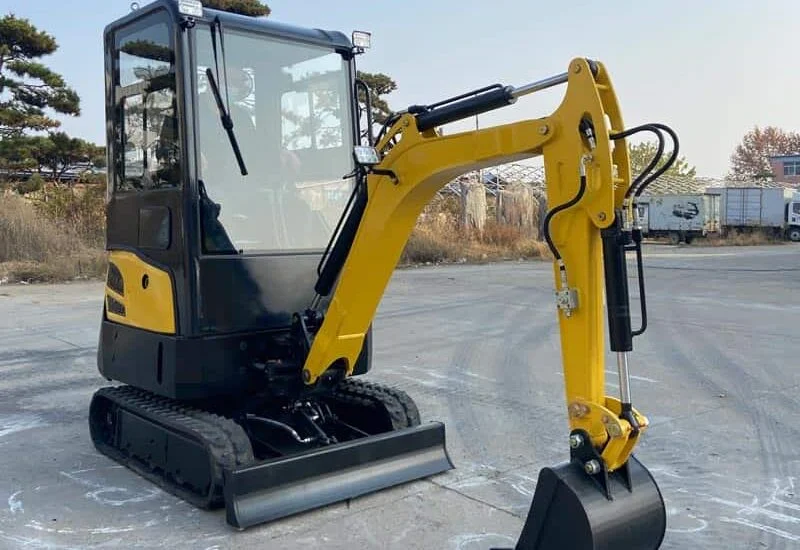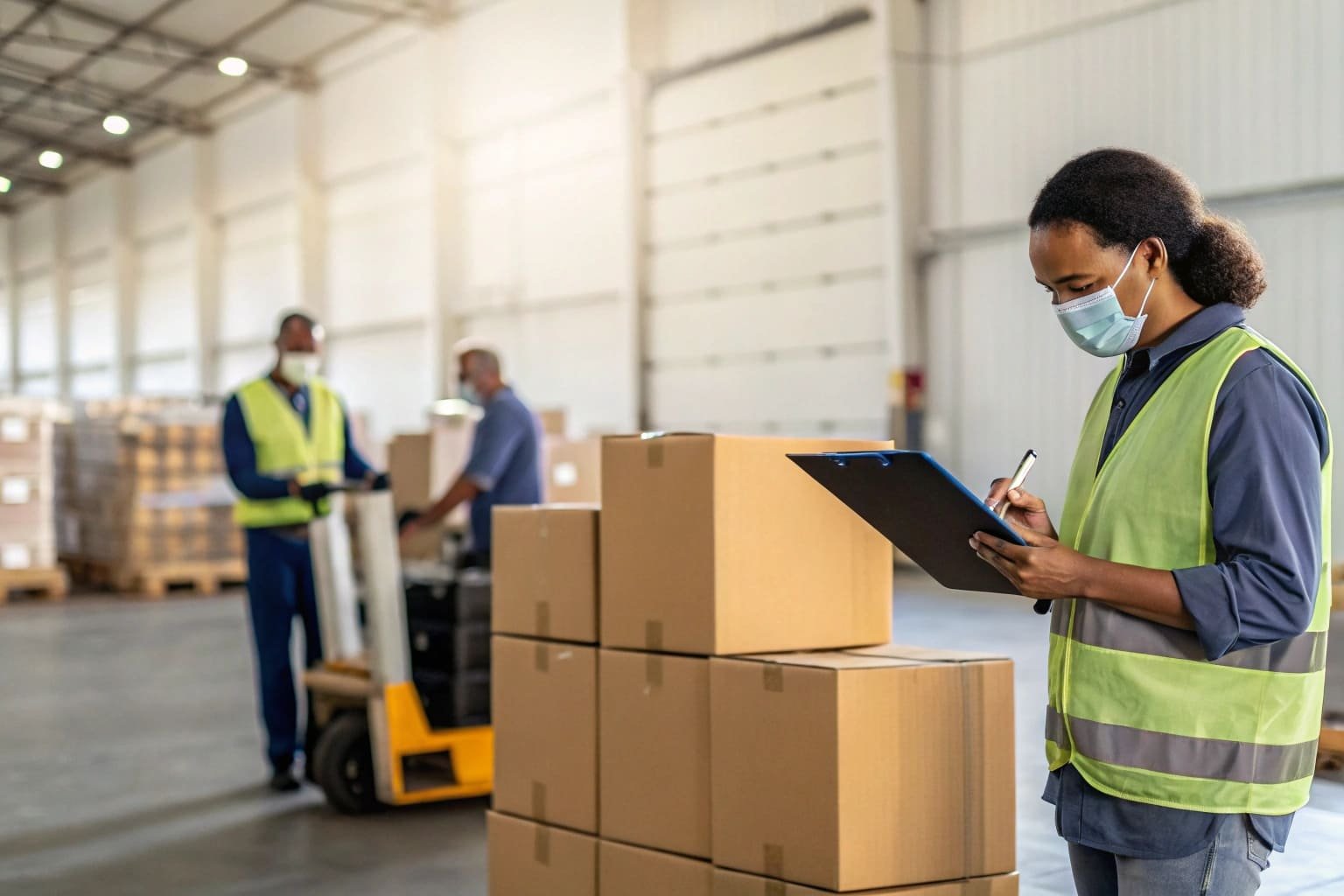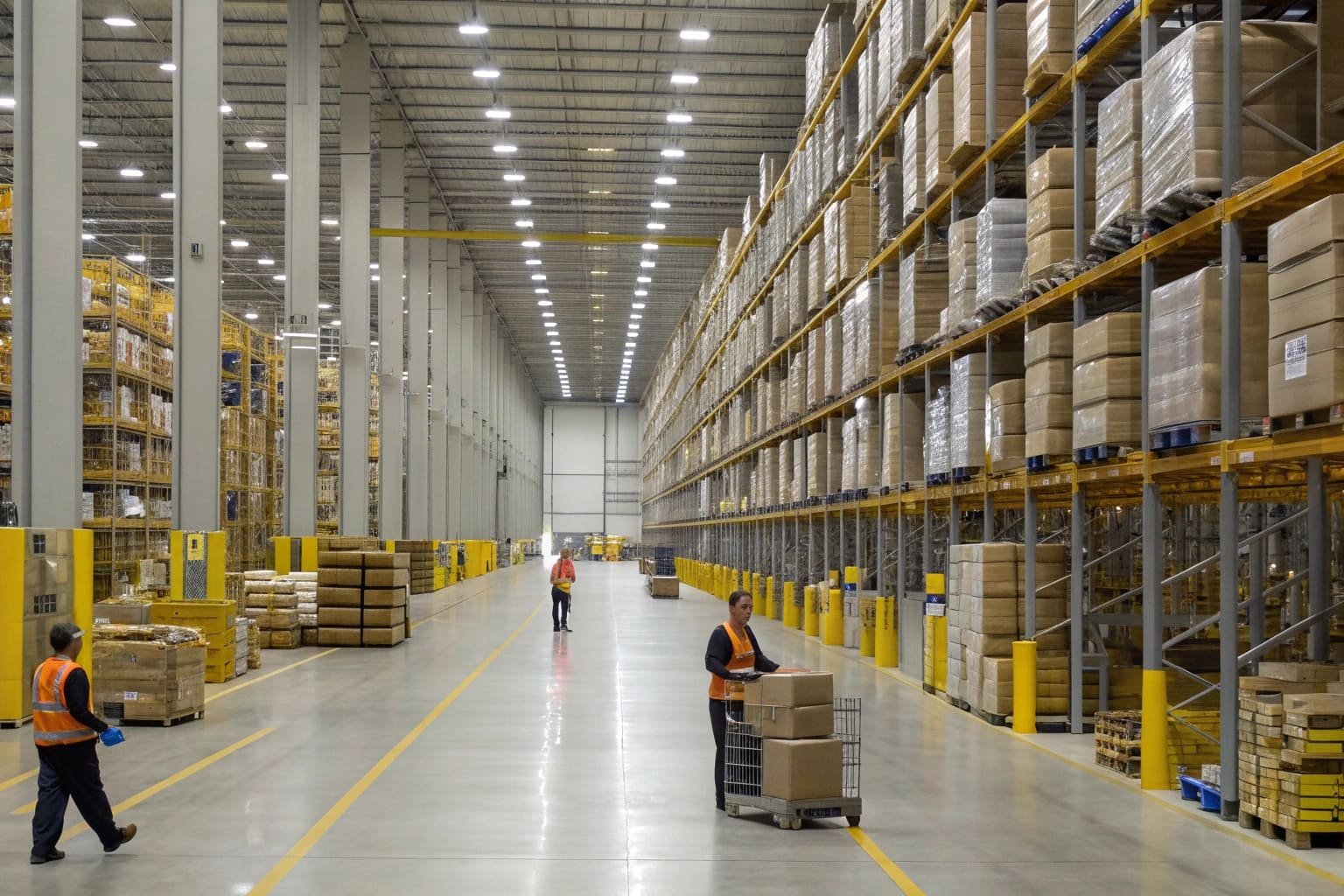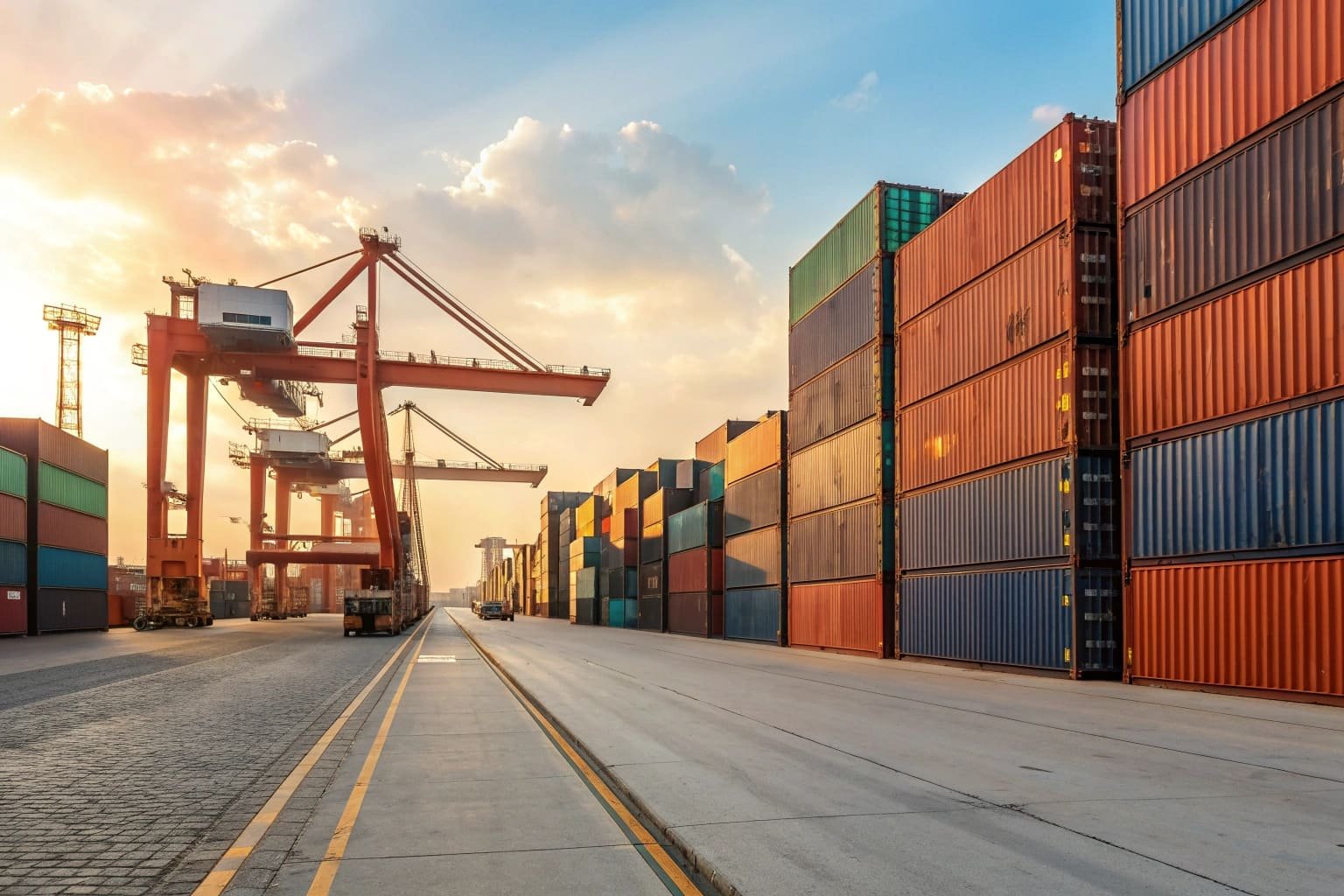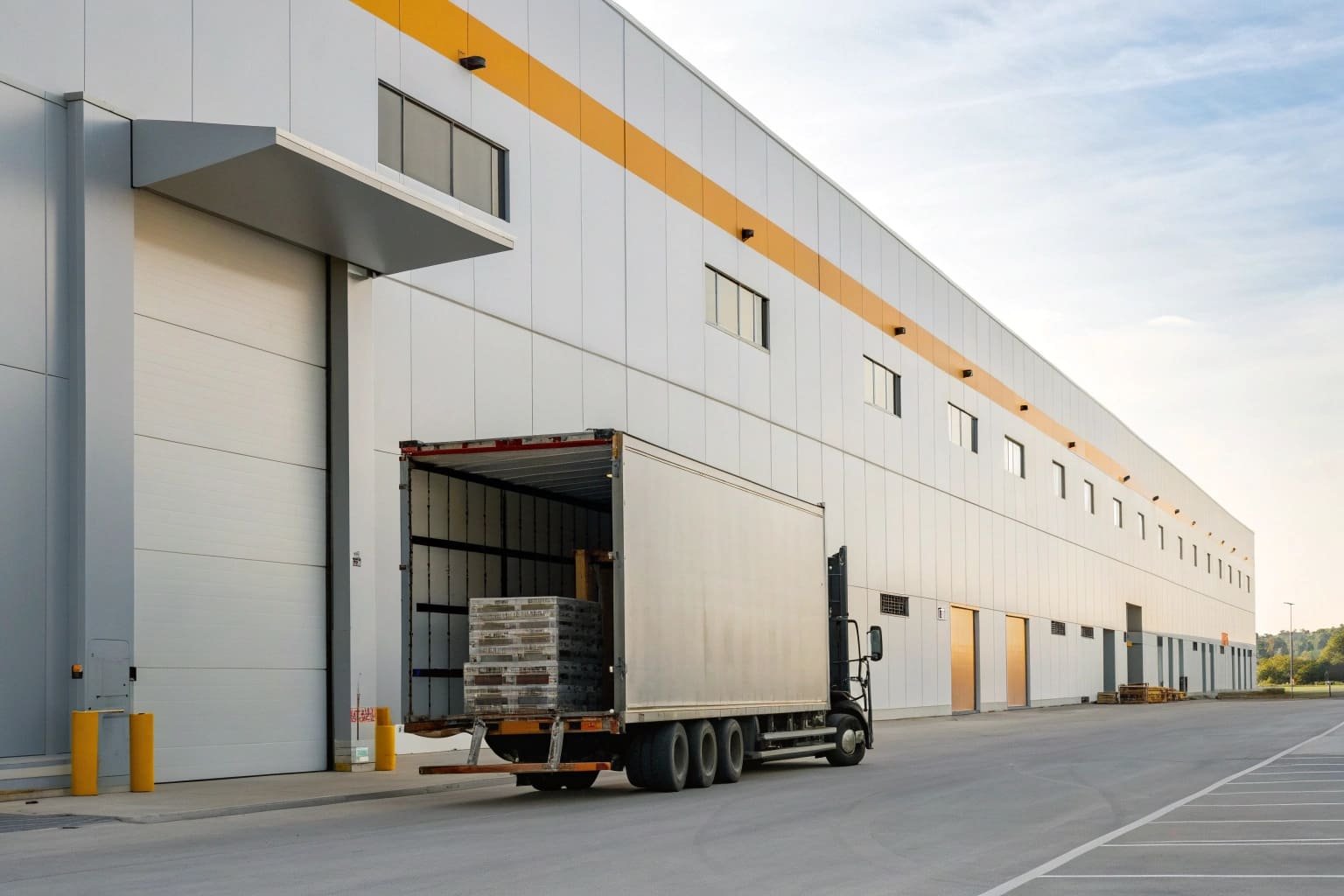With the rapid growth of global trade, China has become one of the world’s leading manufacturers of construction machinery. Among the many types of equipment China produces, mini excavators are highly popular for their versatility and efficiency. Texas, as one of the largest states in the U.S. with a booming construction industry, has seen a growing demand for mini excavators. These machines are ideal for a variety of tasks in construction, landscaping, and urban renewal.
If you’re considering importing mini excavators from China to Texas, this guide will walk you through every step of the process. From choosing the right supplier to navigating customs clearance, we’ll cover everything you need to know to successfully import mini excavators to the Lone Star State.
What is a Mini Excavator?
A mini excavator is a smaller version of the traditional excavator. It's a compact piece of construction equipment used primarily for digging, lifting, and other earth-moving tasks. Mini excavators are particularly valuable because of their ability to work in tight spaces that larger machines can’t access. These machines are used in a variety of industries, from construction and demolition to landscaping and farming.
Mini excavators are typically lightweight (ranging from 1.5 to 8 tons), making them easier to transport than larger models. They are designed to be flexible, with features that make them ideal for jobs in confined or hard-to-reach areas.
Why Choose Mini Excavators?
Mini excavators have several advantages over their larger counterparts, making them a popular choice for small to medium-sized jobs:
- Compact and Lightweight: These machines are easy to maneuver in narrow spaces, making them ideal for urban construction, road repairs, and landscaping projects.
- Rentable: Compared to larger excavators, mini excavators are less expensive to purchase and operate, with lower fuel consumption and maintenance costs.
- Versatile: Mini excavators can be used in a wide range of applications, from digging foundations and clearing debris to installing utilities and landscaping.
These features make mini excavators a perfect fit for many businesses in Texas that need efficient machines without the heavy investment required for larger equipment.
Why Import Mini Excavators from China?
1. Price Advantage
One of the main reasons for importing mini excavators from China is the cost advantage. Chinese manufacturers are able to produce equipment at a significantly lower cost due to lower labor and manufacturing costs compared to Western countries. As a result, you can expect to pay 20-30% less for a mini excavator produced in China than one made in the U.S. or Europe.
2. Quality and Technology
Over the years, Chinese manufacturers have made substantial investments in research and development. Today, many Chinese mini excavators feature modern hydraulic systems, efficient engines, and advanced emission controls. These machines now meet international standards for safety, performance, and environmental impact, making them just as reliable as their Western counterparts.
3. Wide Range of Options
Chinese suppliers offer a broad selection of mini excavators, ranging from basic models to advanced, feature-rich machines. Whether you’re looking for an affordable option for small residential jobs or a more sophisticated excavator for larger commercial projects, Chinese manufacturers can provide a suitable model for your needs.
How to Import Mini Excavators from China to Texas
The process of importing mini excavators from China to Texas may seem complex, but it can be broken down into clear steps. Here’s an easy-to-follow guide:
Step 1: Choose the Right Supplier
The first step in importing mini excavators from China is selecting a reliable supplier. You have several options for finding potential suppliers:
- Online Marketplaces: Websites like Alibaba, Made-in-Chinay Fuentes mundiales are great places to start. You can browse a wide range of suppliers, check their product offerings, read customer reviews, and communicate with them directly.
- Trade Shows: If you prefer to meet suppliers in person, attending trade shows like the China Import and Export Fair (Canton Fair) is an excellent opportunity to see products firsthand and build relationships with suppliers.
- Factory Visits: If possible, visit the factory to inspect the production process, quality control measures, and the supplier’s facilities. A site visit is a great way to ensure that the supplier meets your standards and that they have the capacity to handle your orders.
When evaluating a supplier, consider factors like their experience, reputation, production capabilities, and customer service. Be sure to ask for references or case studies from other international clients who have imported from them.
Step 2: Negotiate Terms and Sign a Contract
Once you’ve chosen a supplier, it’s time to negotiate terms and sign a contract. This contract should include:
- Price: Ensure that the price is clear, including any discounts, shipping fees, and additional costs.
- Delivery Time: Agree on a delivery timeline to ensure that your excavators arrive when needed.
- Payment Terms: Most suppliers require a deposit upfront (usually 30-50%) with the balance due before shipment or upon arrival.
- After-Sales Support: Confirm the warranty period and the kind of after-sales support the supplier offers, such as parts replacement and technical assistance.
Make sure all terms are clearly spelled out in the contract to avoid misunderstandings later.
Step 3: Arrange Shipping from China to Texas
After finalizing the contract, the next step is arranging shipping. Here’s how you can go about it:
- Select the Shipping Method: Shipping large equipment like mini excavators typically requires ocean freight. However, you may need to use a combination of ocean, rail, and road transport, depending on where the supplier is located and your final destination in Texas.
- Route Planning: Plan the route from the factory to the port in China and from the port in the U.S. (typically in California or New York) to Texas. The route should be as cost-effective and efficient as possible.
- Shipping Terms: In international trade, shipping is often handled under Incoterms, which define the responsibilities of the buyer and the seller for shipping. Common terms include FOB (Free on Board) and CIF (Cost, Insurance, and Freight).
- Transport Insurance: Consider purchasing transport insurance for your excavators. This protects you in case of damage or loss during the shipping process.
Step 4: Customs Clearance
Once your mini excavators arrive in Texas, they will need to clear U.S. customs. Here's what you need to do:
- Prepare la documentación: Gather all necessary documents, including the conocimiento de embarque, factura comercial, lista de embalaje, certificado de origen, and any certificates related to emissions and safety standards.
- Hire a Customs Broker: A customs broker can help you navigate the complexities of U.S. import regulations. They’ll ensure that your excavators meet all import requirements and help you file the correct paperwork.
- Pagar aranceles e impuestos: Import duties on mini excavators depend on the Harmonized Tariff Schedule (HTS) classification. You’ll need to pay these duties as part of the customs process.
- Compliance Verification: Ensure that the excavators comply with U.S. safety standards (such as the EPA’s emission regulations). Non-compliance can result in fines or delays.
Step 5: Delivery to Final Destination
After clearing customs, the mini excavators will be ready for delivery to your business in Texas:
- Inspect Upon Arrival: Inspect the equipment for any damage during shipping. If you notice any issues, contact the shipping company and your insurance provider for claims.
- Organice la entrega final: Depending on the size and weight of the excavators, you may need to hire a specialized transport company to handle the final delivery from the port to your location.
Costs of Importing Mini Excavators from China to Texas
The cost of importing mini excavators from China can vary based on several factors:
- Purchase Price: The cost of the mini excavator itself is the most significant expense. On average, mini excavators from China can range from $15,000 to $40,000, depending on the model, features, and supplier.
- Shipping Fees: Shipping costs depend on the shipping method, weight, and distance. Ocean freight is typically the cheapest method, but you may also need to consider rail and road transport costs.
- Derechos de aduana e impuestos: Customs duties on excavators generally range from 2% to 10% of the total value, but this can vary based on the specific machine and the HTS code used.
- Insurance and Handling Fees: Don’t forget to account for shipping insurance and any fees for unloading and handling at the port.
| Shipping Option | Descripción | Ventajas | Consideraciones |
|---|---|---|---|
| Container Shipping | Mini excavators are transported in standard 20-foot-containers o Contenedores de 40 pies, providing protection from weather and sea conditions. | Secure, equipment availability, and easy inland transportation. | Size limitations; larger excavators may need to be disassembled. |
| Roll-on/Roll-off (RoRo) | Ships designed to allow fully assembled machinery to be driven on and off. | Eliminates the need for disassembly and reassembly, minimizing damage and costs. | – |
| Flat Rack Shipping | Used for oversized excavators that can't fit into standard containers. | Perfect for larger equipment without needing disassembly. | Higher costs and less protection from environmental factors. |
| Consolidation Opportunities | Combining shipments with other goods to fill container space more cost-effectively. | Cost-effective for smaller shipments. | Potentially longer transit times due to additional logistics planning. |
Additional Considerations When Importing Mini Excavators
1. Understanding Import Regulations
Before you start importing, it’s essential to understand the regulations regarding construction equipment imports to the U.S. The U.S. has strict guidelines for the safety and environmental standards of heavy machinery. Make sure your excavators meet the emission standards set by the Environmental Protection Agency (EPA), and that the machinery is fully compliant with the Department of Transportation (DOT) regulations for size, weight, and safety features.
2. Financing and Payment Methods
When importing equipment, it's crucial to have a reliable payment method in place. Commonly used methods include:
- Letter of Credit (LC): Provides security for both buyer and seller.
- Wire Transfer: More direct but riskier than an LC.
- PayPal or Escrow: For smaller transactions, providing a secure platform for both parties. Discuss payment terms with your supplier and consider using an intermediary service to protect your funds.
3. Warranty and After-Sales Support
Make sure to verify the warranty coverage before purchasing a mini excavator from China. Some Chinese suppliers offer comprehensive after-sales support, while others may only provide limited warranties. Having a clear agreement on warranty terms, including coverage for parts and service, is essential for peace of mind after purchase.
4. Shipping Insurance
Given the size and value of the equipment, it’s wise to purchase shipping insurance. This ensures that in case of damage during transit, you can recover the full cost of the equipment. The shipping insurance should cover damages that may occur during loading, transport, unloading, and even during customs inspection.
5. Storage and Handling
When the excavator arrives in Texas, make sure you have proper storage and handling facilities. Excavators are large and heavy machines that require suitable storage space. You may need to arrange for temporary storage at a port or warehouse until delivery arrangements can be made to your final location.
Conclusión
Importing mini excavators from China to Texas is an affordable way to obtain high-quality equipment for a variety of construction tasks. By following the steps outlined in this guide—choosing the right supplier, negotiating terms, handling shipping and customs, and planning for post-delivery support—you can ensure a smooth process and a successful purchase.
By taking advantage of the cost benefits and technological advancements available through Chinese suppliers, you can grow your construction business in Texas with reliable and versatile mini excavators that meet your needs.

